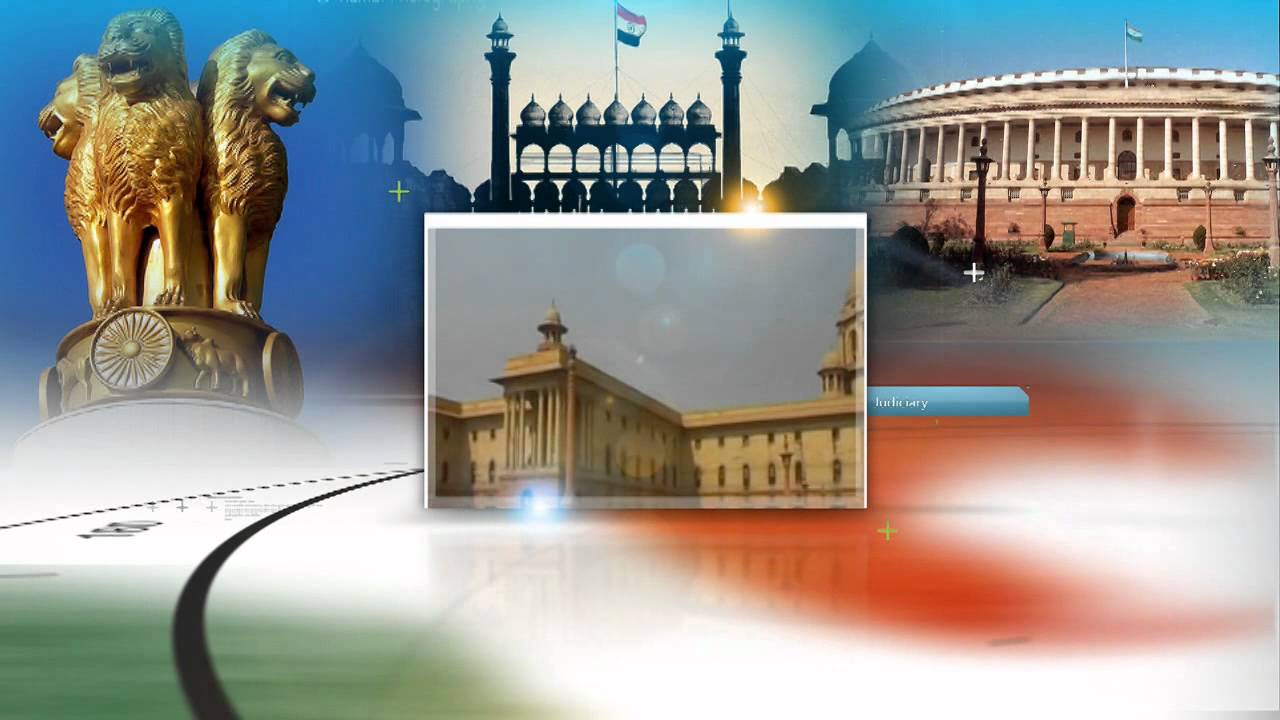Font size:
Print
Right to be Forgotten
Context:
The Supreme Court agreed to hear a case that will likely define the scope of the “right to be forgotten.” The court will decide whether this right is a fundamental right and how it intersects with other fundamental rights guaranteed by the Constitution of India.

About right to forgotten:
- The right to be forgotten can be loosely described as the right to remove one’s digital footprint (from Internet searches, etc.) where it violates the right to privacy.
- Individuals have the right to ask organisations to delete their personal data.
- While the right is not recognised by law in India, courts in recent times have held it to be an intrinsic part of the right to privacy.
Right to forgotten in Abroad
- In 2018, the EU’s General Data Protection Regulation (GDPR) introduced Article 17, which grants the right to erase personal data under specific conditions:
- Data no longer needed, data for which consent is withdrawn or objections are made, unlawfully processed data, and data requiring legal erasure.
- The right to erasure under GDPR is limited for public health, archiving in the public interest,or defence of legal claims.
- In 2015, Russia enacted a law allowing users to compel search engines to remove links to personal information based on irrelevancy, inaccuracy, or legal violations.
- The right to be forgotten is also recognised in Turkey and Siberia, with rulings on the topic from courts in Spain and England.
Right to forgotten in India
- According to the central government, the right to privacy has been recognised as a fundamental right in the K S Puttaswamy judgement (2017) and that the ‘right to be forgotten’ is evolving in India.
- The Personal Data Protection Bill contains provisions to the doctrine of the ‘right to be forgotten’.
- In May 2019, Delhi High Court affirmed that the “right to be forgotten” and “right to be left alone” are parts of the right to privacy, and she restrained the republication of certain news reports on MeToo allegations.
- In Jorawar Singh Mundy v Union of India (2021), the Delhi High Court issued an interim order protecting an American citizen’s right to be forgotten by directing Google and IndianKanoon to remove access to a judgement under the Narcotic Drugs and Psychotropic Substances Act (1985).
- The court acknowledged the right to be forgotten while balancing it against public access to court records.
Support for the Right to be Forgotten:
- Safeguards Privacy under Article 21 of the constitution:The right to be forgotten helps individuals protect their privacy by enabling them to request the removal of personal information from online platforms and search engines.
- Protects Sensitive Information: As highlighted by the Karnataka High Court in Sri Vasunathan v. The Registrar General (2017) ,the right to be forgotten helps maintain confidentiality in sensitive cases, such as rape or cases affecting a woman’s modesty.
- Prevents Post-Acquittal Stigmatisation: The right to be forgotten can protect individuals from social stigmatisation and additional penalties, such as social boycott, difficulties in employment, or challenges in marriage, following an acquittal.
Criticisms of the Right to be Forgotten:
- Conflicts with Right to Information: The right to be forgotten can conflict with the right to information under Article 19(1)(a) of the Indian Constitution.
- For example, while a rape victim may seek to have her past forgotten, a criminal cannot prevent media references to their conviction.
- Risks to Media Freedom:The right to be forgotten could hinder independent reporting by allowing the removal of media articles critical of government policies.
- Impact on Judicial Transparency and Education:Removing entire judgments can limit public scrutiny of judicial performance and hinder the assessment of fairness in justice.
- Additionally, judgments serve as a crucial learning resource for law students.
Way Forward:
- Amendment of Article 19(2) to include Privacy:To effectively implement the right to be forgotten, privacy should be added as a ground for reasonable restriction under Article 19(2) through a constitutional amendment.
- Passage of Data Protection Bill:The Data Protection Bill should be passed quickly to grant individuals the legal right to erase unnecessary and inappropriate personal data.
- Expert Committee on Data Protection (2018): Suggested incorporating the right to be forgotten into India’s data protection framework to enhance privacy and control over personal information.
- Justice Srikrishna Committee (2018): Emphasised the need for a balanced approach in implementing the right to be forgotten, considering both privacy and freedom of expression.


